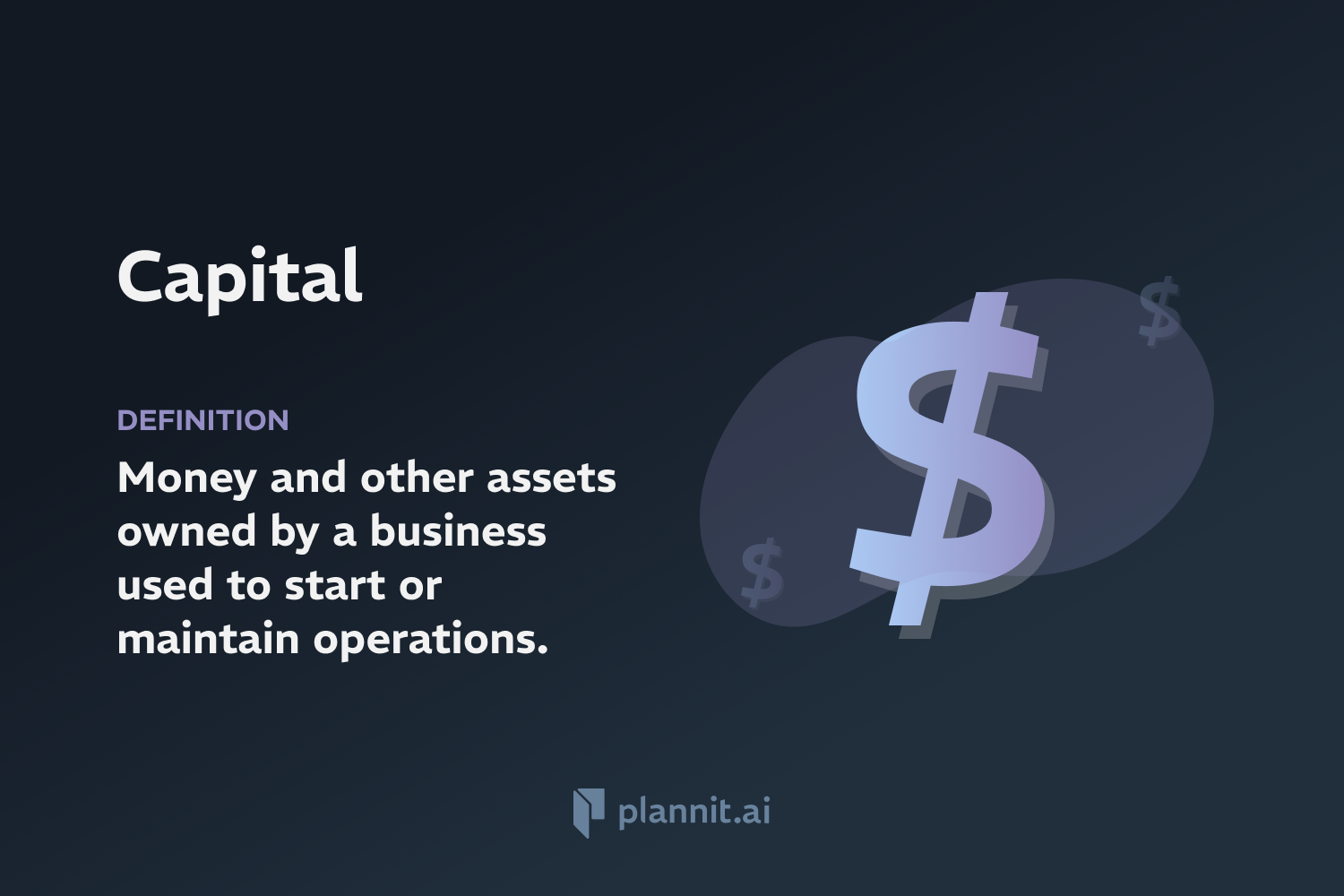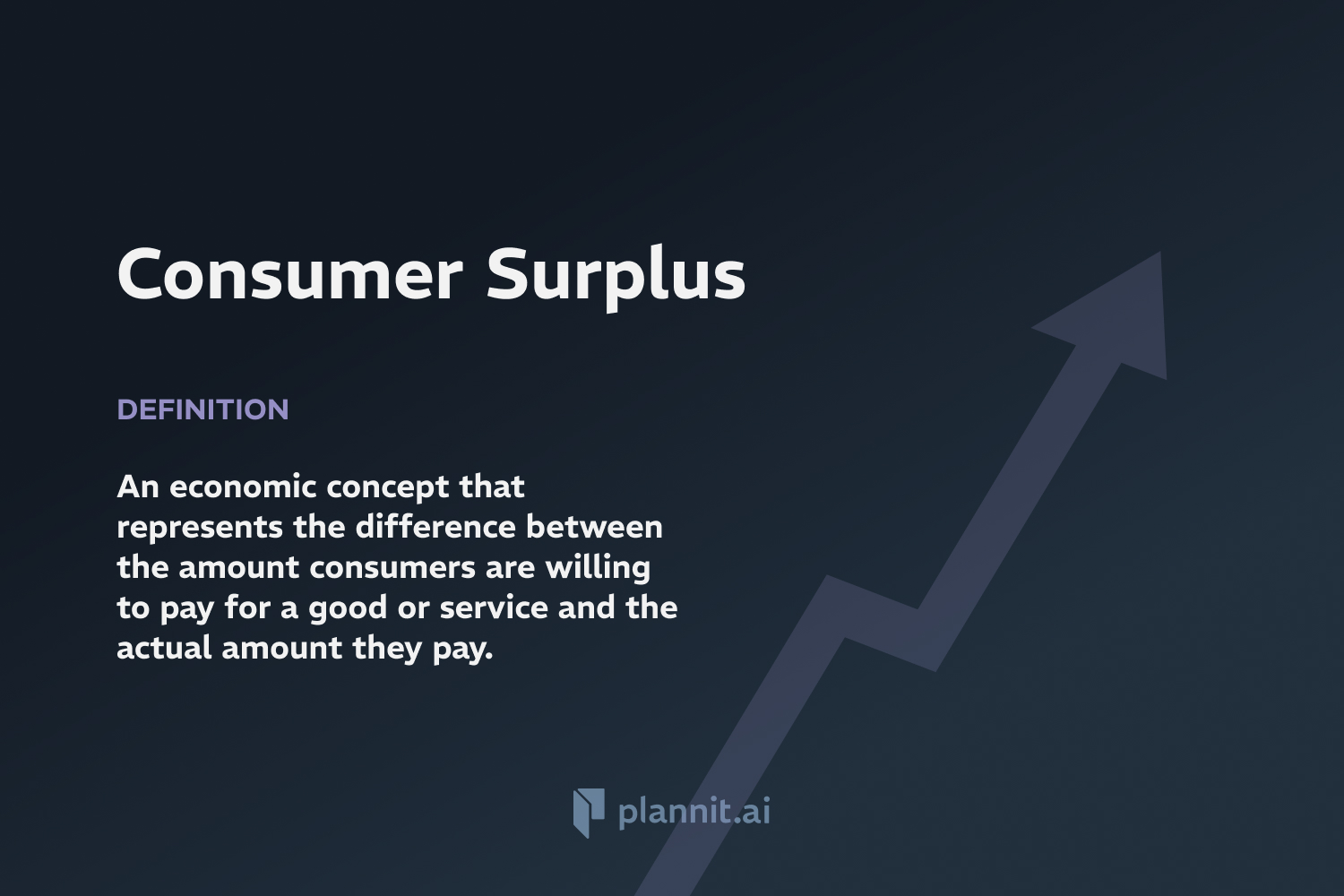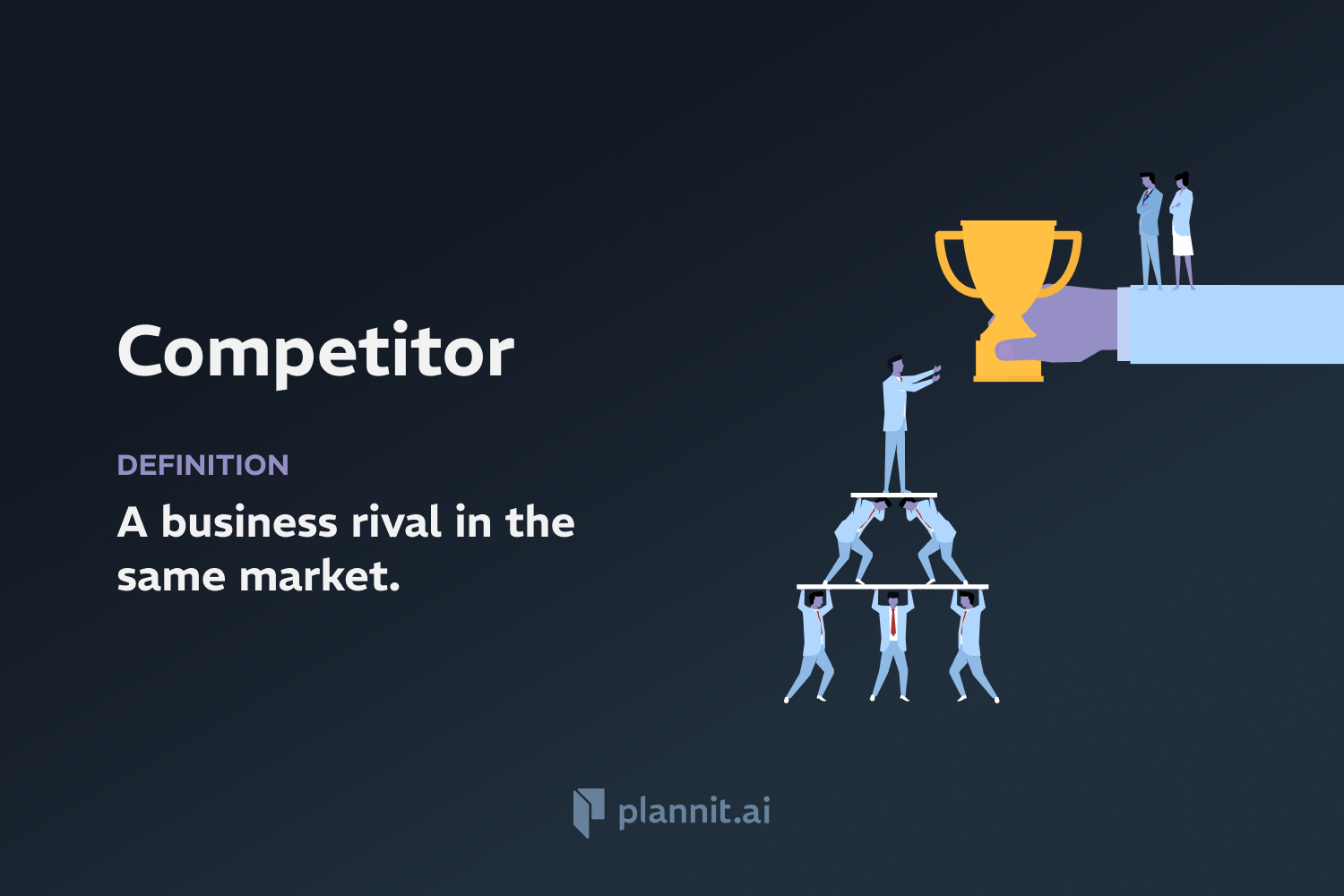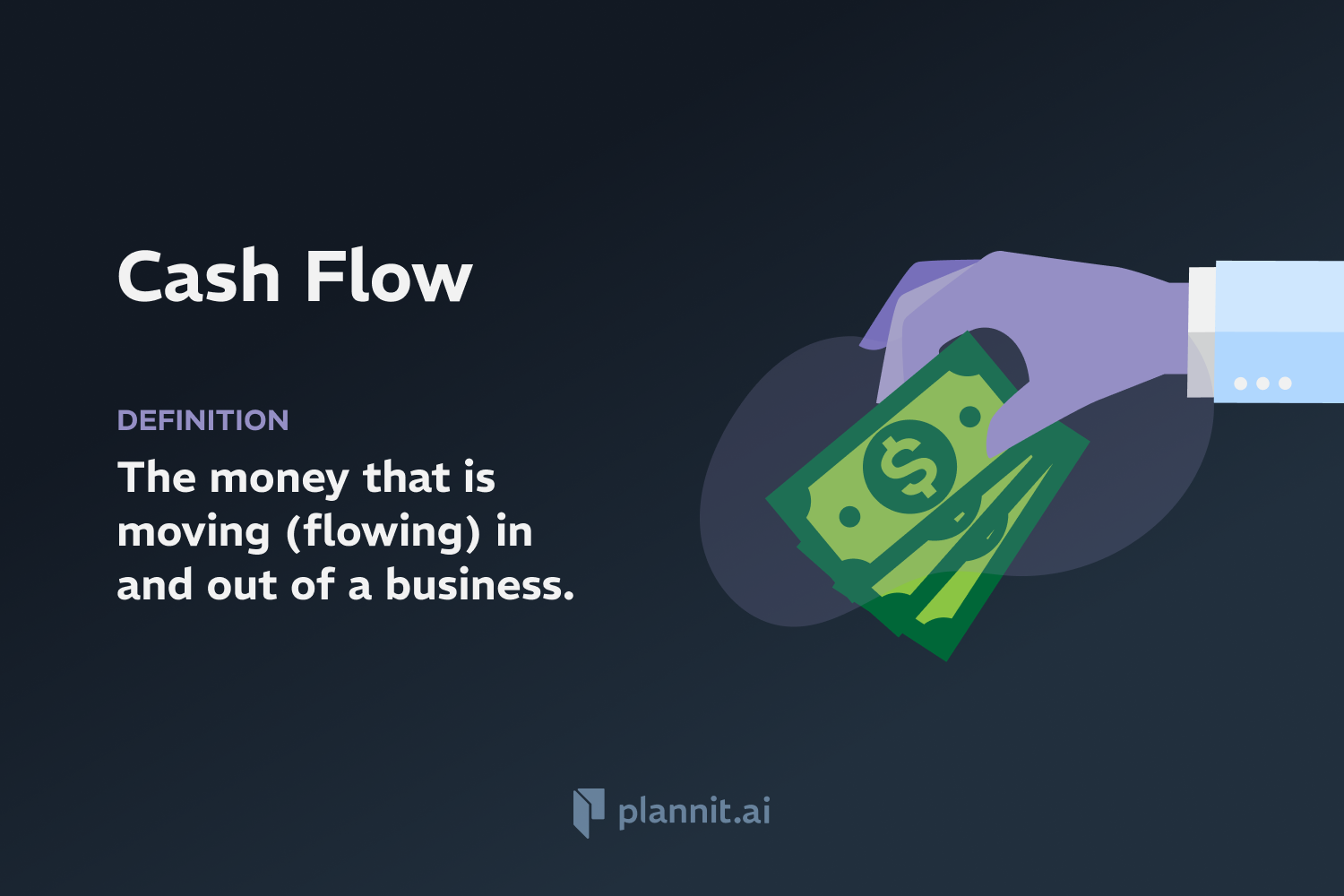Need Help With Your Business Plan?
Answer tailored questions and get a detailed business plan in minutes.
Capital: Definition & In-Depth Explanation

In economic and business contexts, "capital" refers to the financial assets or resources that individuals, companies, or governments use to fund their operations and invest in their enterprises. Capital can include money, other financial assets, and tangible factors of production such as manufacturing equipment. Broadly, it is categorized into three types: debt, equity, and working capital.
Purpose:
The purpose of capital is to create wealth by enabling productive operations and investment. Capital is used to fund new ventures, expand existing operations, improve infrastructure, or purchase equipment, all of which contribute to income generation and economic growth. In personal finance, capital accumulation is critical for achieving financial goals and securing long-term financial stability.
Example:
In a business setting, a manufacturer may use capital to purchase new machinery that increases production capacity and efficiency. This capital investment is expected to generate higher future returns through increased sales and reduced operating costs.
Related Terms:
Debt Capital: Money borrowed from external sources, such as banks or bondholders, which must be repaid with interest.
Equity Capital: Funds raised by issuing shares of stock in exchange for ownership interest in the company.
Working Capital: The funds available to a company for day-to-day operations, calculated as current assets minus current liabilities.
Capital Expenditure (CapEx): Funds used by a company to acquire, upgrade, and maintain physical assets such as property, plants, or equipment.
FAQs:
What is the difference between capital and money?
While money can be considered a form of capital, not all capital is money. Capital includes any assets that can be used to generate value. Money is primarily a medium of exchange and a store of value.
How does capital accumulation affect a company’s growth?
Capital accumulation allows a company to invest in new technologies, expand operations, and enhance productivity, all of which can lead to increased market share and profitability.
What is the role of capital in economic development?
In economic development, capital is essential for creating new businesses, enhancing technological capabilities, building infrastructure, and fostering overall economic growth and job creation.
How do companies decide between debt and equity capital?
The choice between debt and equity capital depends on several factors including the company’s current leverage, the cost of capital, ownership dilution considerations, and the availability of investors.
Can capital be tangible and intangible?
Yes, capital includes both tangible assets, like real estate and machinery, and intangible assets, such as patents, software, and brand equity.
Get funding with a business plan that will impress investors.
Starting a New Business?



